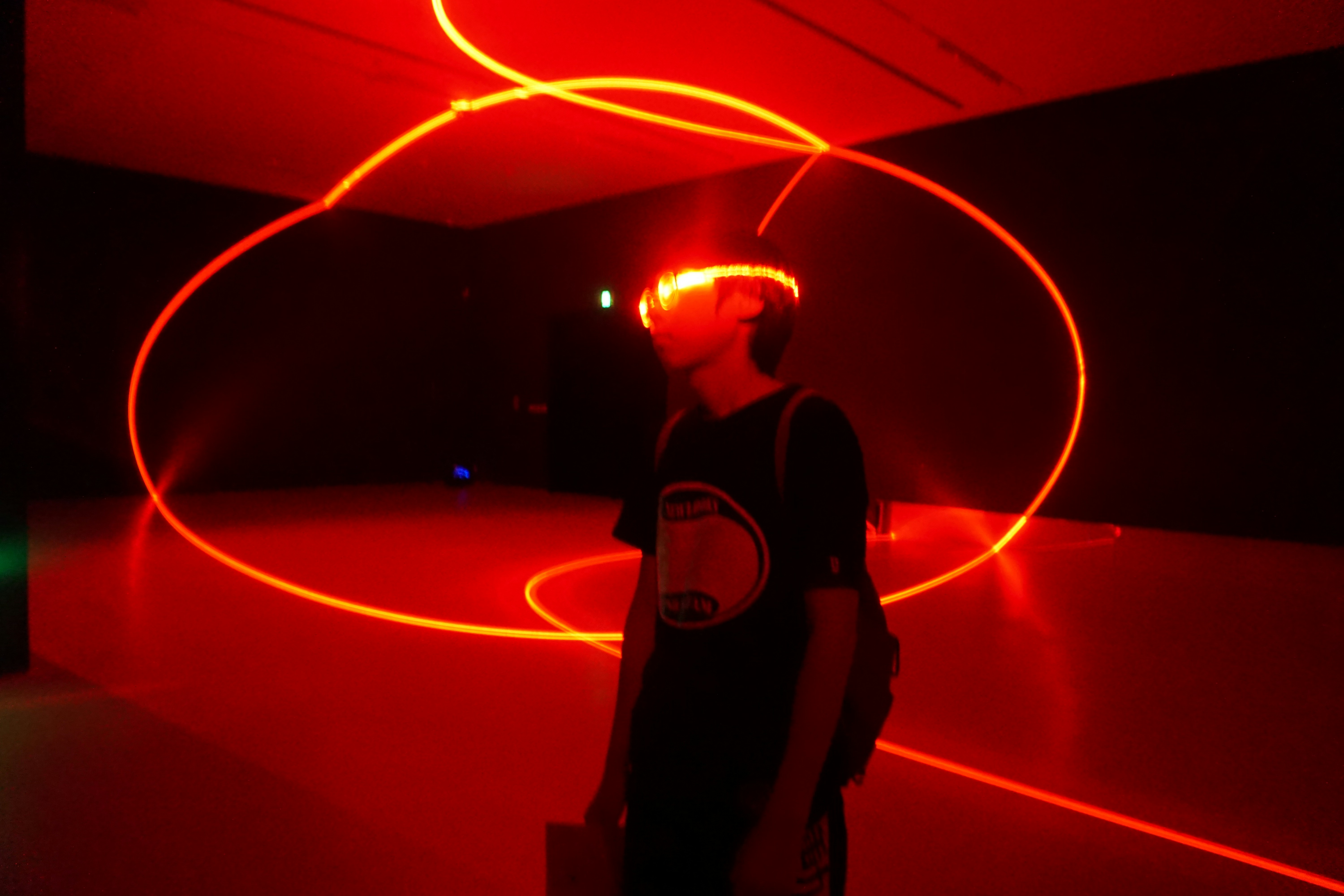
LEARNING OUTCOMES
Students will gain a solid grounding in key topics in contemporary philosophy of technology with a special focus on aesthetics and ethics of new and emerging technologies. Critical thinking is learned through gaining knowledge of central concepts and narratives concerning technological developments. The studentswill become more fluent in using different concepts and analysing discourses around various types of technologies. The students will gain confidence in discussing the role and of different technologies and tools and in understanding the role of the human agency in technological processes. Throughout the course, there is a special emphasis on creative and artistic processes.
Credits: 6
Schedule: 22.10.2024 - 28.11.2024
Teacher in charge (valid for whole curriculum period):
Teacher in charge (applies in this implementation): Sanna Lehtinen
Contact information for the course (applies in this implementation):
CEFR level (valid for whole curriculum period):
Language of instruction and studies (applies in this implementation):
Teaching language: English. Languages of study attainment: English
CONTENT, ASSESSMENT AND WORKLOAD
Content
valid for whole curriculum period:
The course concentrates on contemporary trends in philosophy of technology with a focus on aesthetics, sustainability, and art. We will discuss how technology-related theories and concepts affect and help to analyse different types of creative practices. Besides contemporary philosophy of technology and aesthetics, other central content areas of the course include ethics, pragmatism, philosophy of the city, and environmental philosophy. The theoretical contents are discussed with a broad range of case examples which contribute to a more comprehensive understanding of the human-world and human-nonhuman relations and how technology contributes to them.
Assessment Methods and Criteria
valid for whole curriculum period:
Seminar work (lectures+small group discussions), smaller assignments based on readings and other learning materials, and final task; grading is based on the final task and seminar attendance.
Workload
valid for whole curriculum period:
6 credits (162 hours):
- Seminar meetings (42 h)
- Smaller assignments + independent work (60 h)
- Final task (60 h)
DETAILS
Study Material
valid for whole curriculum period:
Broad selection of related research articles and other materials assigned by the lecturer, will be announced in the first meeting.
Substitutes for Courses
valid for whole curriculum period:
Prerequisites
valid for whole curriculum period:
SDG: Sustainable Development Goals
8 Decent Work and Economic Growth
9 Industry, Innovation and Infrastructure
10 Reduced Inequality
11 Sustainable Cities and Communities
12 Responsible Production and Consumption
13 Climate Action
14 Life Below Water
15 Life on Land
17 Partnerships for the Goals
FURTHER INFORMATION
Further Information
valid for whole curriculum period:
Teaching Language: English
Teaching Period: 2024-2025 Autumn II
2025-2026 Autumn IIRegistration:
Priority order to courses is according to the order of priority decided by the Academic committee for School of Arts, Design and Architecture, https//www.aalto.fi/en/services/registering-to-courses-and-the-order-of-priority-at-aalto-arts
Minimum amount of participants 8. Maximum amount of participants 60.
